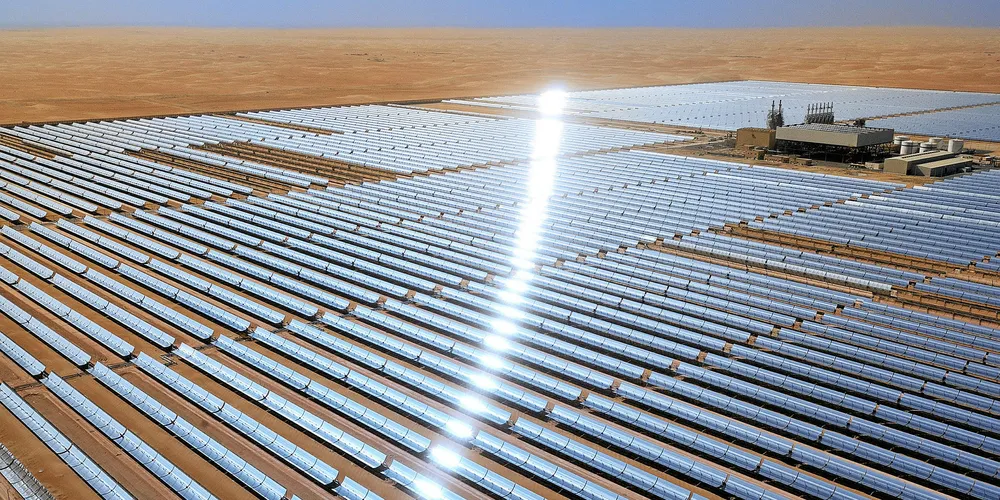The land of black gold is finally turning green
AGENDA | The World Future Energy Summit confirmed that a renewables revolution is set to sweep the symbolic home of global oil, writes Darius Snieckus

AGENDA | The World Future Energy Summit confirmed that a renewables revolution is set to sweep the symbolic home of global oil, writes Darius Snieckus
